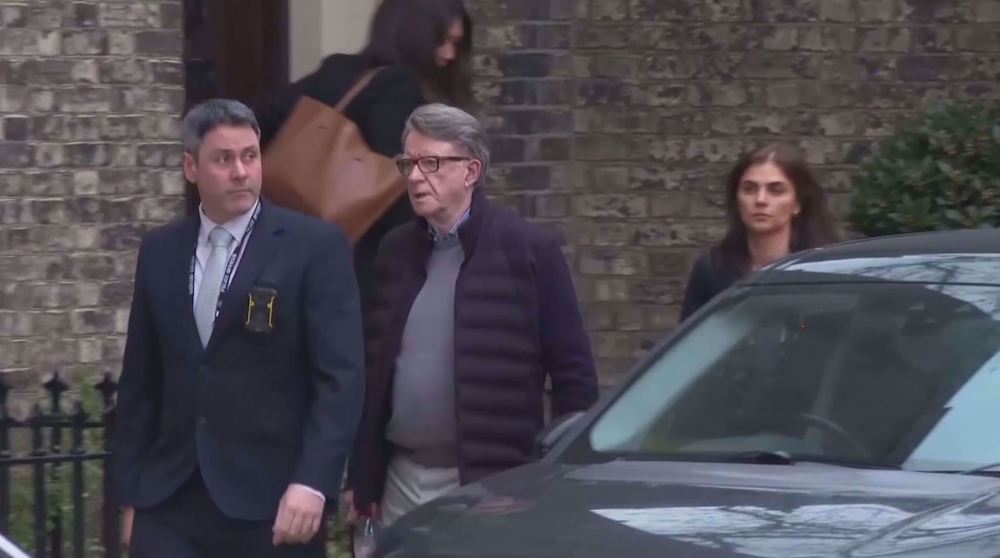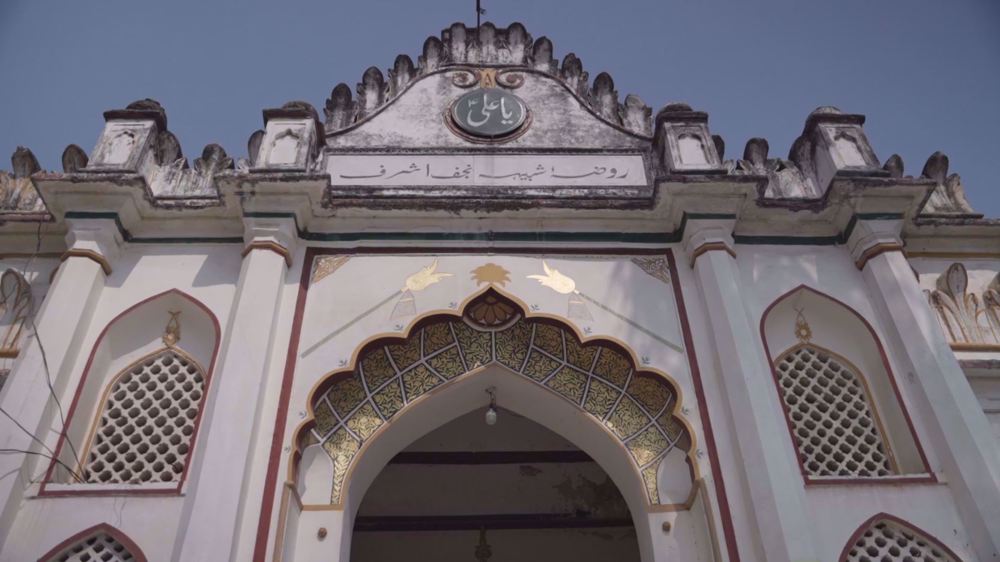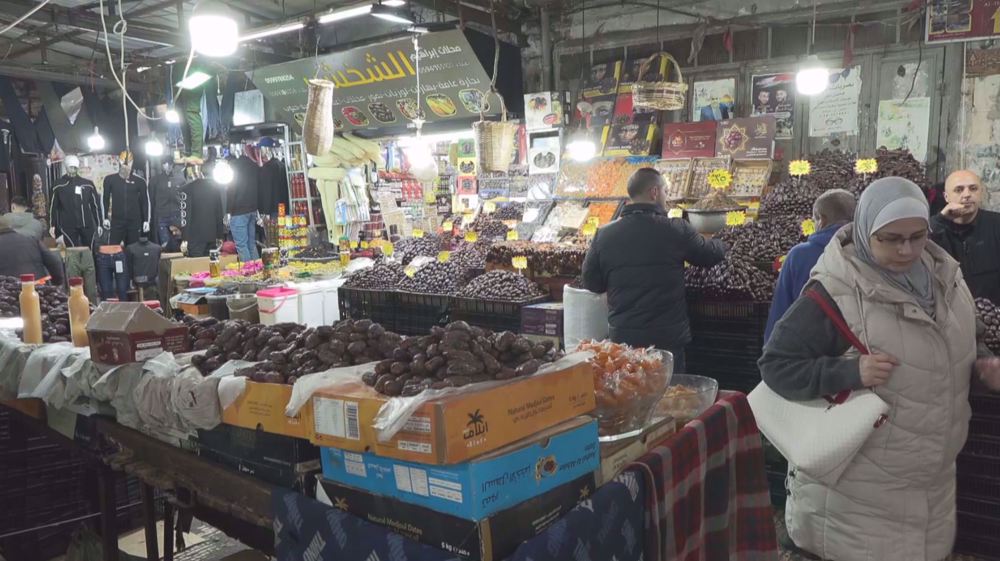Lebanon workers on general strike to protest economic conditions
Mariam Saleh
Press TV, Beirut
The General Confederation of Lebanese Workers, the country’s labor force umbrella, called for a nationwide strike across the country.
Several streets in major cities and a number of key highways were blocked. Banks, several large companies and many shops also remained closed.
Head of the General Labor Union stressed in a gathering that all institutions of Lebanon are threatened as are the citizens of the country.
The crisis has deeply distressed the budget for subsidies on essential goods.
Power cuts have increased in many areas which are seeing only two hours of electricity per day. People are lining up at gas stations for up to two hours to get limited liters of petrol in their cars while supermarkets and pharmacies are running short of supplies.
General Labor Union has declared that all members, including economic bodies, merchants’ organizations, and even the Association of Banks in Lebanon, back the strike and allow employees and workers to participate in gatherings and protests.
Now while this is mainly to protest the dire economic situation of the country, it is also to put pressure on political factions to form a government.
Parliament Speaker Nabih Berri has declared an initiative to help mediate stalled talks to form a government. The disagreement is mostly prominent between Prime Minister Designate Saad Hariri and President Michel Aoun who do not see eye to eye on the general framework of a cabinet line-up. Members of the parliament close to the speaker believe this initiative is the last resort.
The World Bank has labeled Lebanon's economic crisis as one of the world's worst since the 1850s. Lack of accountability has also been one of the major reasons behind an extended multi-faceted crisis in Lebanon.
Iran rejects UN resolution on Ukraine for lack of support for lasting peace
Leading Iraqi group condemns US threats of aggression against Iran
Iran slams CIA recruitment video, seizes sat gear in diplomat’s luggage
Democrats press Trump to explain rationale behind new Iran strike amid warnings about dire risks
VIDEO | Press TV's news headlines
VIDEO | Ex-UK envoy to US arrested by British police
Department of Justice withholds, removes Epstein files that reference Trump: Probe
FM says historic opportunity at hand for unprecedented deal; vows Iran will defend sovereignty









 This makes it easy to access the Press TV website
This makes it easy to access the Press TV website